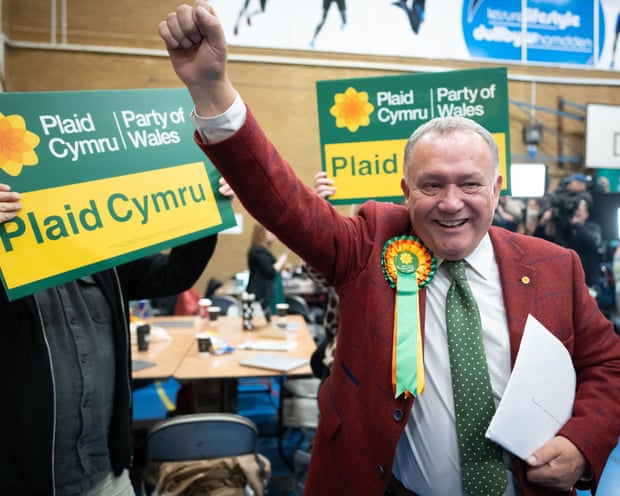In summary:
- The rate of children killed rose from 0.94 killings a year per 100,000 in the decade up to 1987, to 1.07 in the 1990s, but fell to 0.79 in the first five years of this decade.
- For non-Maori children, the rate fell 0.92 in the thirty years up to 1987, to 0.67 in the 1990s, and to 0.60 in the latest period.
- For Maori children, the rate more than doubled from a rate comparable to the rest of the population, (prior to 1987, rate for Non-Maori - 0.92, for Maori - 1.05), to a peak of 2.4 in the 1990s. In this decade the rate has dropped to 1.34.
- The number of Maori people in paid work dropped by 15 per cent between 1986 and 1991, when total employment fell by only 6 per cent.
- Maori unemployment peaked at 26 per cent in 1991, when the non-Maori rate was only 9 per cent. (1)
Inspite of the Peter Dunne's clunkingly predictable claim that this is a "Maori issue" (2), it clearly isn't. It's the ecomony, stupid. People were cut adrtift and left to rot, so that mainstream (read pakeha) New Zealand could get wealthier and more enterprising. And now it looks dangerously like we're going to elect people who think there wasn't enough of that sort of stuff last time. Ironically, National will thump the law and order drum at every opportunity. There might even be some talk about the good old days.
The good old days? There is nothing good that you can say about a situation where 1.34 children in every 100,000 is killed, except that it is better than 2.4 in every 100,000.
1 - "Gap narrowing in child killings," by Simon Collins, in the New Zealand Herald, 31st July, 2007. (http://www.nzherald.co.nz/section/1/story.cfm?c_id=1&objectid=10454811&ref=rss)
2 - ibid.


No comments:
Post a Comment